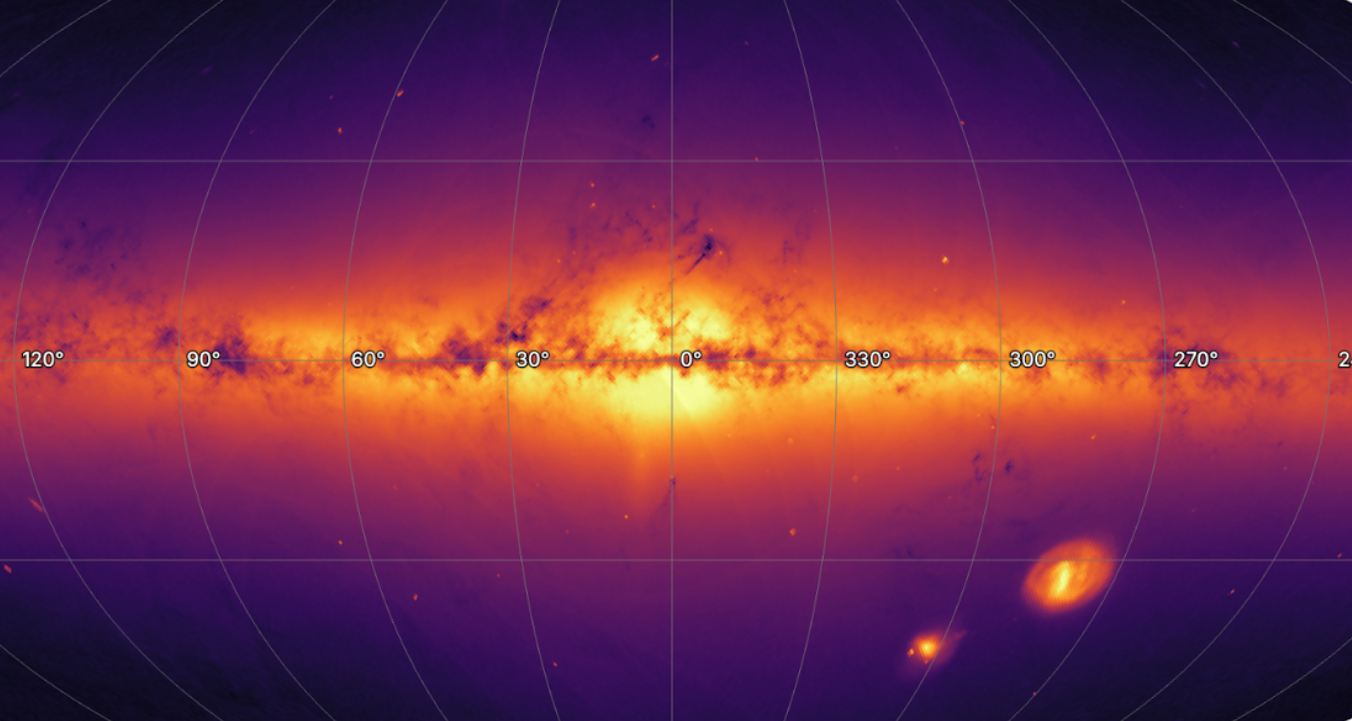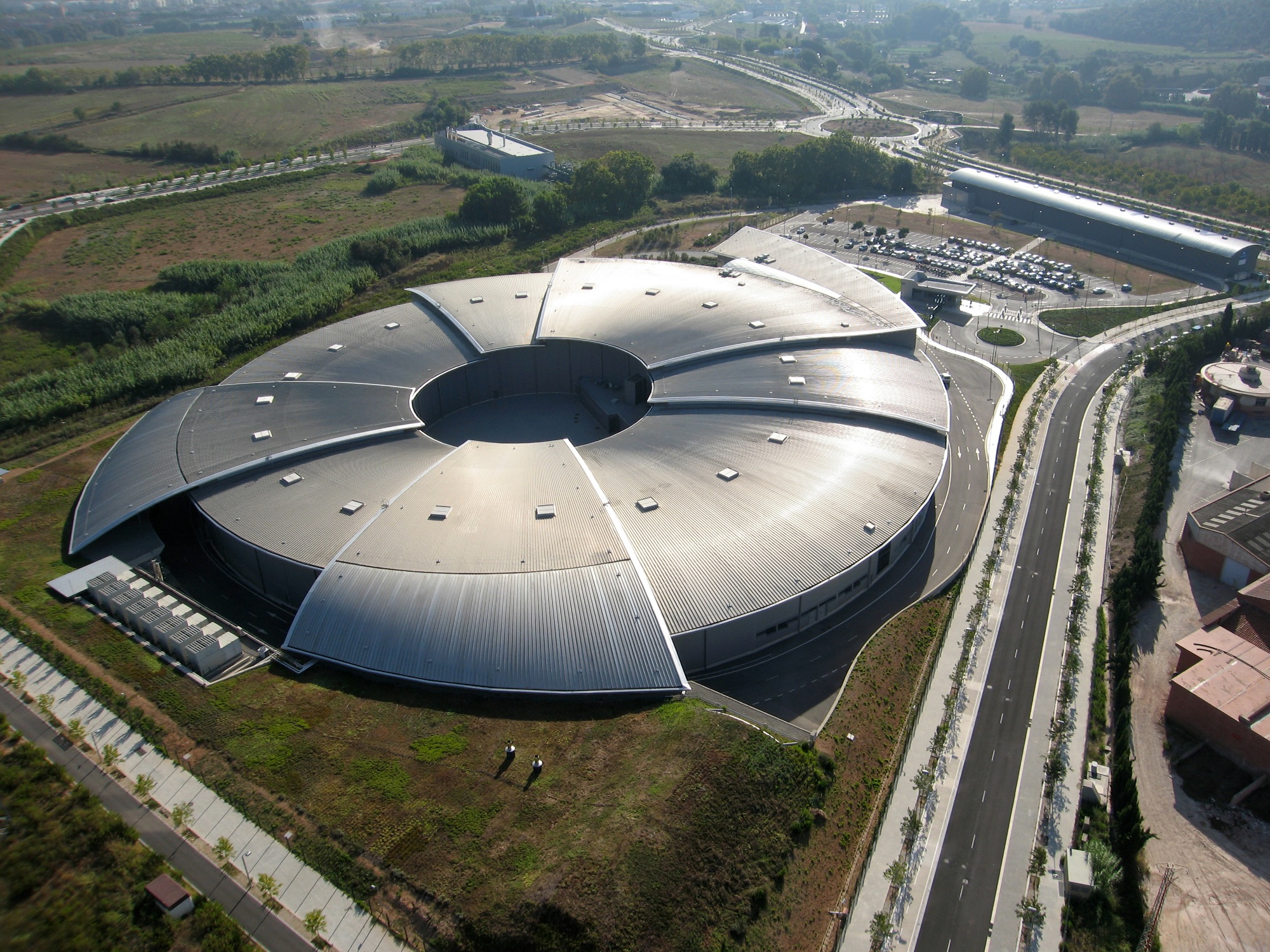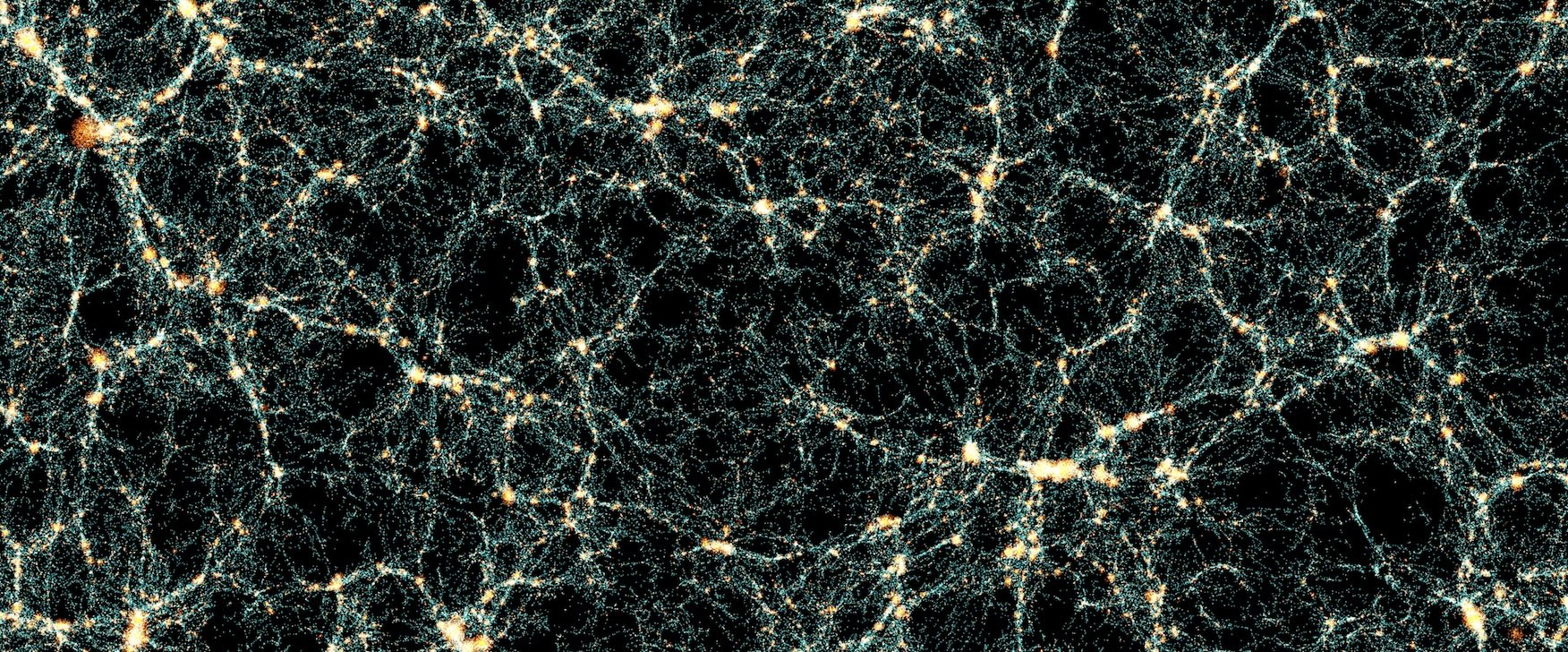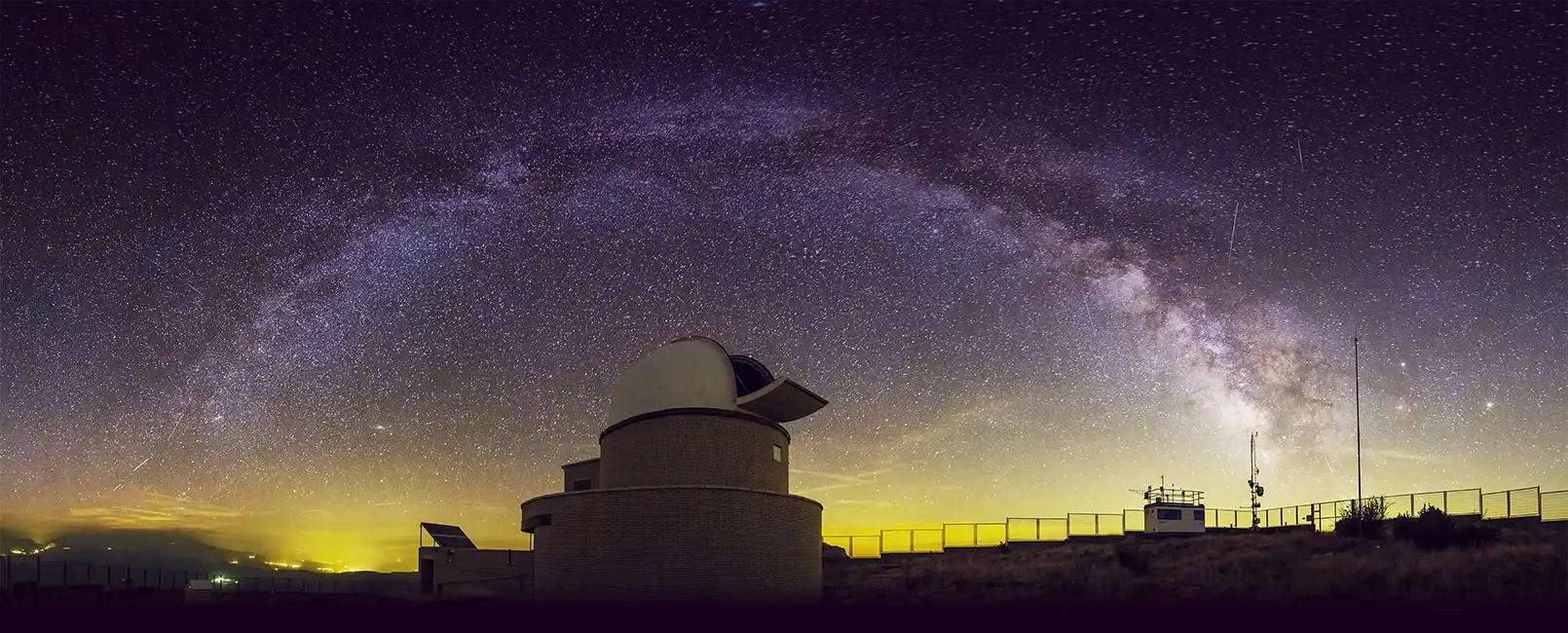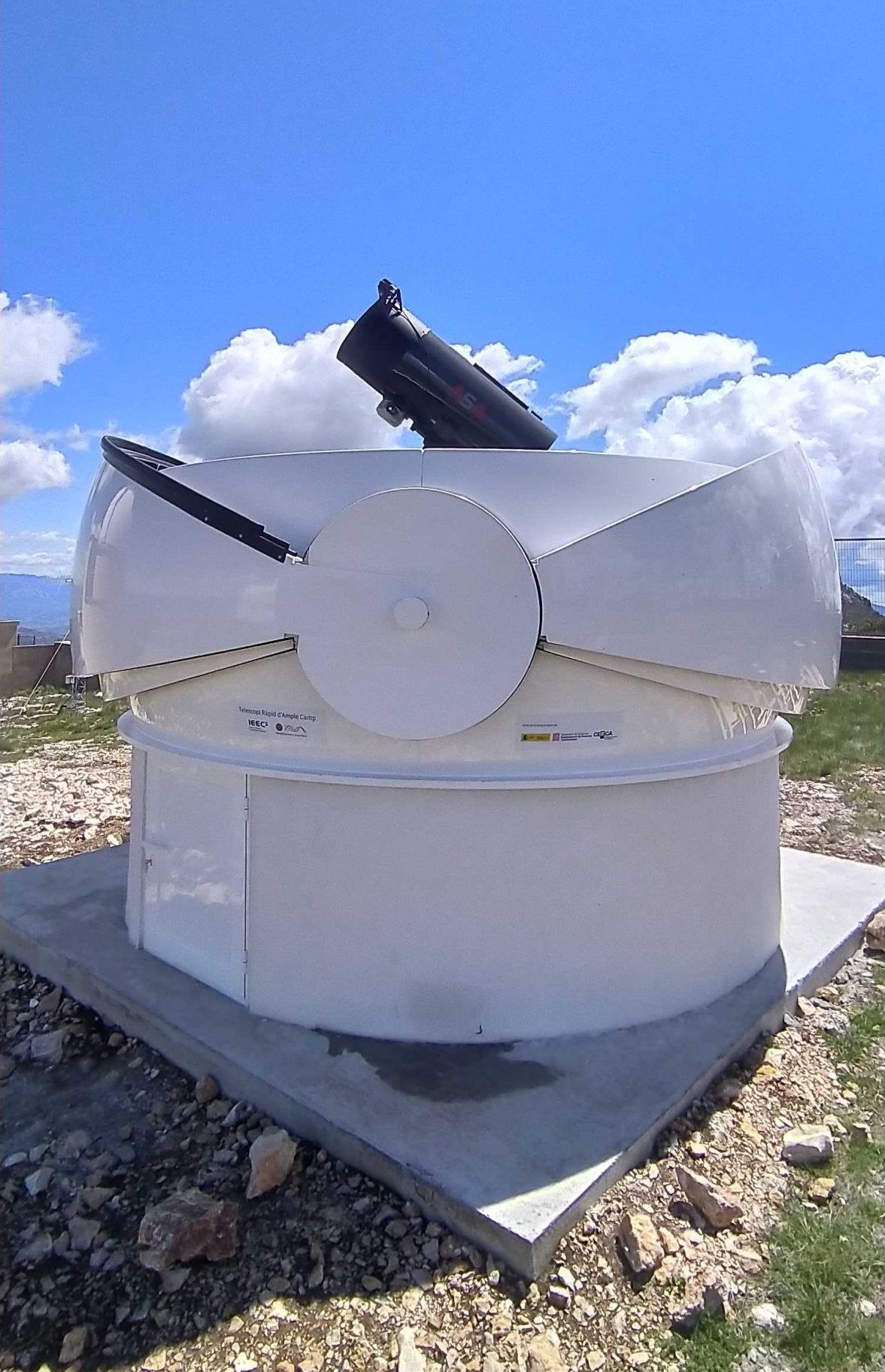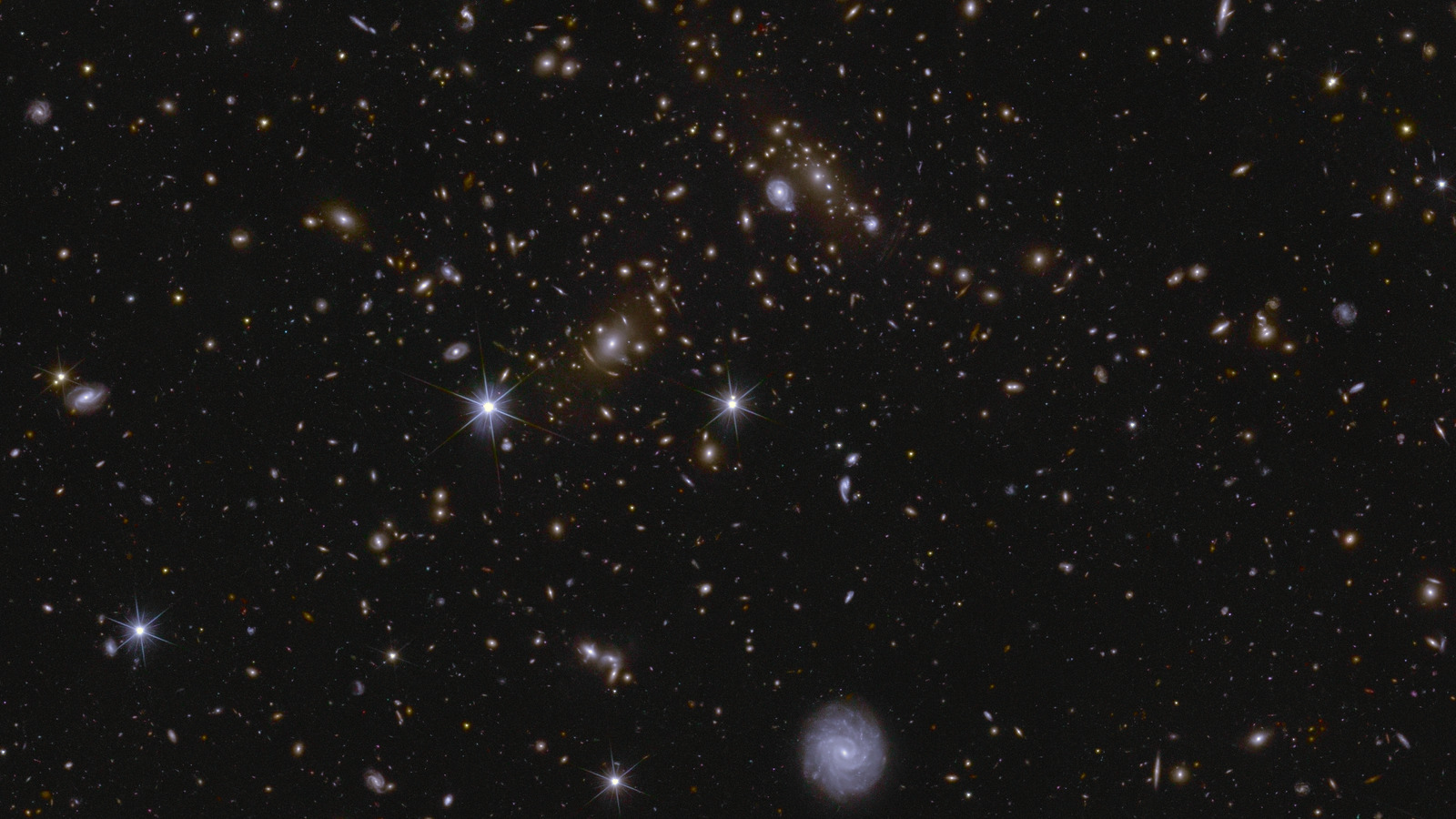The Euclid Consortium has released the largest synthetic galaxy catalogue ever created: a virtual Universe with 3.4 billion galaxies, each described by more than 400 physical properties. The catalogue was developed by an international team from 11 institutions, led by the Institute of Space Sciences (ICE-CSIC) and the Port d’Informació Científica (PIC), and is now available on the CosmoHub platform.
Known as the Flagship 2 galaxy mock, this resource recreates what the Euclid space telescope —equipped with a 1.2-metre mirror— will observe in the sky. Thanks to its vast size, it includes galaxies whose light has travelled over 10 billion years to reach us.
The catalogue is produced and analysed using specialised hardware on a Hadoop big data platform at PIC. Generating a resource of this scale is both a scientific and technical challenge. It requires advanced computational and statistical methods, as well as the latest knowledge of galaxy formation, evolution, and their connection with dark matter and dark energy.
Simulating the Universe before Euclid delivers its first 3D map will help scientists interpret the telescope’s observations and tackle fundamental questions in cosmology. These simulations make it possible to explore the origin of the cosmic web, test the standard cosmological model, and shed light on the nature of the Universe’s dark components.
Beyond cosmology, the catalogue is a powerful tool for studying how galaxies form and evolve across cosmic history. It also enables end-to-end testing of data pipelines, ensuring Euclid extracts the maximum scientific return once its observations begin.
